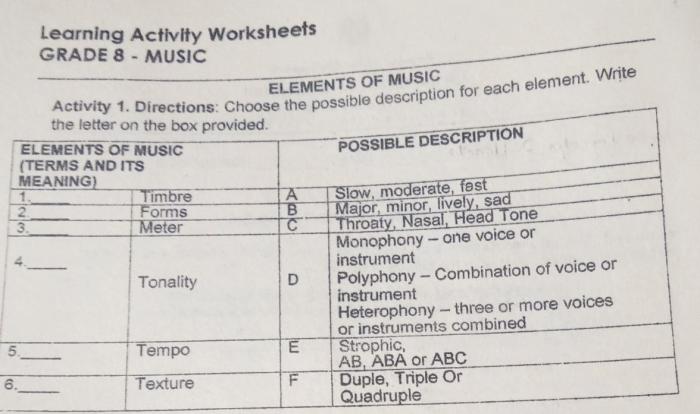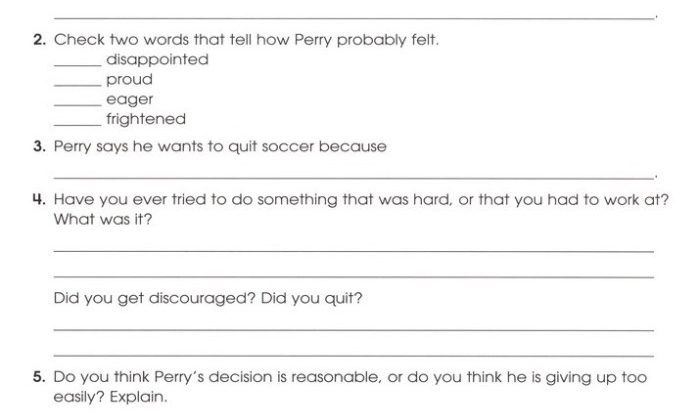Claiming an education adrienne rich – Adrienne Rich’s seminal work on “claiming an education” has profoundly shaped feminist thought and activism, illuminating the transformative power of education in dismantling gender inequality.
Rich’s experiences as a woman and a lesbian during a time of limited educational opportunities for women ignited her passion for advocating for a transformative pedagogy that empowers women and challenges traditional educational practices.
Introduction
Adrienne Rich is a renowned feminist poet, essayist, and literary critic whose work has profoundly shaped feminist theory and literature. She has made significant contributions to the understanding of women’s experiences, sexuality, and oppression.
One of the central themes in Rich’s work is the concept of “claiming an education.” For Rich, education is not merely the acquisition of knowledge but a transformative process that empowers women to challenge patriarchal norms and create a more just and equitable world.
Claiming an Education
Rich argues that traditional education systems often perpetuate gender inequality by marginalizing women’s voices and experiences. She calls for an education that is inclusive, liberatory, and responsive to the needs of all students, regardless of their gender.
Claiming an education involves:
- Recognizing and challenging gender bias in education
- Creating safe and supportive learning environments for all students
- Including women’s perspectives and experiences in the curriculum
- Empowering women to become active participants in their own education
Historical Context
Adrienne Rich was born in 1929, and her lifetime spanned a period of significant change in educational opportunities for women in the United States. At the beginning of the 20th century, women had limited access to higher education. Most colleges and universities were closed to women, and those that did admit women often had quotas or other restrictions.
In the decades following World War II, there was a gradual increase in the number of women attending college. This was due in part to the changing needs of the economy, which required more educated workers. It was also due to the growing feminist movement, which advocated for equal rights for women, including the right to education.
However, even as more women were attending college, they still faced significant barriers. Women were often discouraged from pursuing careers in traditionally male-dominated fields, such as science and engineering. They were also more likely to experience sexual harassment and discrimination on campus.
Rich’s Experiences
Rich’s experiences as a woman and a lesbian influenced her views on education. She was acutely aware of the barriers that women faced in accessing education, and she was determined to challenge these barriers.
In her writing, Rich argued that education was essential for women’s liberation. She believed that education could empower women to think critically, to challenge the status quo, and to create a more just and equitable world.
Theoretical Framework: Claiming An Education Adrienne Rich
Adrienne Rich’s groundbreaking work on women’s education is anchored in her critique of patriarchy and its profound impact on women’s lives. Her analysis of the patriarchy as a system of power that privileges men over women extends to the realm of education, which she argues has been complicit in perpetuating gender inequality.
Rich firmly believed that education held immense power as a tool for women’s liberation. She envisioned an education that would empower women to critically engage with the world, challenge patriarchal norms, and forge their own paths in life. This transformative pedagogy, as she called it, would prioritize women’s experiences, perspectives, and aspirations.
Rich’s Critique of Traditional Educational Practices, Claiming an education adrienne rich
Rich’s critique of traditional educational practices stemmed from her observation that they often reinforced patriarchal values and limited women’s opportunities. She argued that the curriculum was androcentric, centered on the experiences and perspectives of men, while women’s voices and histories were marginalized.
Moreover, Rich criticized the hierarchical nature of traditional education, which positioned male teachers as authorities and female students as passive recipients of knowledge. This power imbalance, she contended, created an environment where women’s intellectual contributions were often undervalued or dismissed.
Call for a Transformative Pedagogy
In response to these shortcomings, Rich called for a transformative pedagogy that would challenge patriarchal norms and empower women to become active agents in their own education. This pedagogy would emphasize:
- Decentering male perspectives:Shifting the focus from the experiences and perspectives of men to include those of women, marginalized groups, and diverse cultures.
- Valuing women’s knowledge:Recognizing the importance of women’s lived experiences, perspectives, and contributions to knowledge production.
- Creating a collaborative learning environment:Fostering an environment where students and teachers engage in respectful dialogue and mutual learning, challenging traditional power dynamics.
- Empowering women to speak out:Providing women with the space and support to express their voices, challenge assumptions, and advocate for their rights.
Rich believed that such a transformative pedagogy had the potential to not only improve women’s educational experiences but also contribute to a broader social transformation that would challenge the patriarchal structures that perpetuate gender inequality.
Literary Analysis
Adrienne Rich’s writings on education are a powerful and influential body of work that has inspired and informed feminist thought and activism for decades. Her poems, essays, and other works explore the complex and often contradictory nature of education for women, and she offers a vision of an education that is truly transformative and empowering.
In her writing, Rich uses a variety of literary devices and rhetorical strategies to convey her message. These include:
- Imagery:Rich uses vivid and evocative imagery to create a sense of the lived experience of education for women.
- Metaphor:Rich uses metaphor to explore the complex and often contradictory nature of education. For example, in her poem “Diving into the Wreck,” she compares the process of education to diving into a shipwreck, suggesting that it is a difficult and dangerous but ultimately rewarding endeavor.
- Rhetorical questions:Rich uses rhetorical questions to challenge her readers to think critically about the nature of education. For example, in her essay “The Dream of a Common Language,” she asks, “What does it mean to be educated?”
Influence on Feminist Thought and Activism
Rich’s writing on education has had a profound influence on feminist thought and activism. Her work has helped to raise awareness of the challenges that women face in education, and it has inspired a generation of feminist activists to work for change.
Rich’s writing has also been influential in the development of feminist theory. Her work has helped to challenge traditional notions of education and to develop a more inclusive and empowering vision of education that is relevant to the lives of women.
Contemporary Applications
Adrienne Rich’s ideas on education remain highly relevant to contemporary feminist movements. Her work has been used to challenge gender inequality in education today and to identify the challenges and opportunities that women still face in accessing education globally.
Relevance to Contemporary Feminist Movements
Rich’s emphasis on the importance of education for women’s empowerment has been a key theme in feminist movements for decades. Her work has helped to raise awareness of the ways in which gender inequality in education limits women’s opportunities and perpetuates their subordination.
Rich’s ideas have also been used to develop strategies for challenging gender inequality in education, such as through the promotion of gender-sensitive curricula and the creation of safe and supportive learning environments for women.
Challenges and Opportunities
Despite the progress that has been made in recent years, women still face significant challenges in accessing education globally. These challenges include:
- Poverty and economic inequality
- Cultural barriers
- Violence and discrimination
However, there are also a number of opportunities for women to access education today. These opportunities include:
- The growth of online and distance learning
- The increasing availability of scholarships and financial aid
- The growing awareness of the importance of gender equality in education
By continuing to challenge gender inequality in education, we can help to create a more just and equitable world for all.
Conclusion
In conclusion, Adrienne Rich’s essay “Claiming an Education” remains a powerful and insightful work that highlights the ongoing need for feminist critique and activism in the field of education. Rich’s analysis of the ways in which patriarchal structures shape educational institutions and experiences provides a framework for understanding the challenges faced by women and other marginalized groups in accessing and succeeding in education.
Significance of Adrienne Rich’s Work
Rich’s work is significant because it:
- Exposes the ways in which education can be a tool of oppression for women and other marginalized groups.
- Articulates the need for a feminist pedagogy that is inclusive and empowering for all students.
- Inspires educators and activists to work towards creating more equitable and just educational environments.
Ongoing Need for Feminist Critique and Activism
Despite the progress that has been made in the field of education since Rich wrote her essay, there is still a need for feminist critique and activism. Women and other marginalized groups continue to face barriers to accessing and succeeding in education, and patriarchal structures continue to shape educational institutions and experiences.
Feminist critique and activism are essential for challenging these barriers and creating more equitable and just educational environments for all.
Popular Questions
What is the significance of Adrienne Rich’s work on “claiming an education”?
Rich’s work highlights the transformative power of education in empowering women and challenging gender inequality, arguing that education is a tool for liberation and social change.
How did Rich’s experiences as a woman and a lesbian influence her views on education?
Rich’s firsthand experience with the barriers faced by women and marginalized groups in accessing education shaped her belief in the need for a transformative pedagogy that addresses systemic inequalities.
What are the key elements of Rich’s critique of traditional educational practices?
Rich critiqued traditional educational practices for perpetuating gender biases, silencing diverse voices, and failing to empower students to critically engage with the world around them.

